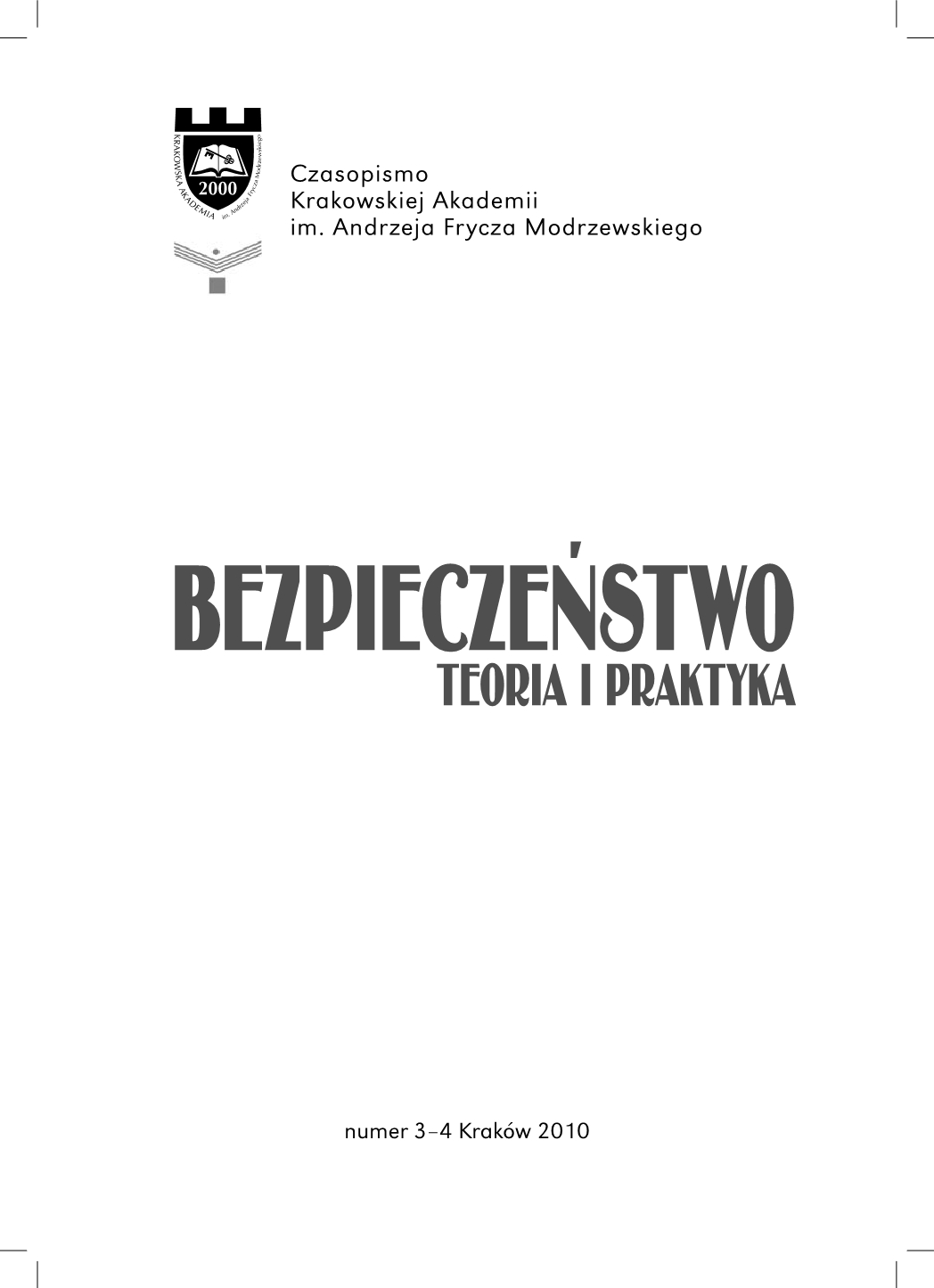System preferencji celnych Unii Europejskiej i zasady jego funkcjonowania
The European Union’s system of customs duty preferences and principles of its operation
Author(s): Małgorzata CzermińskaSubject(s): Economy, Supranational / Global Economy, Economic policy, International relations/trade, Law on Economics
Published by: Oficyna Wydawnicza AFM Uniwersytetu Andrzeja Frycza Modrzewskiego w Krakowie
Summary/Abstract: Under the conditions of market globalization and the development of world trade, the significance of a given country determines its level of involvement in international trade. From this, not only does the security of the country depend on its military strength, but also on its economic potential and international economic politics conducted, specifically trade. International economic cooperation is one of the greatest threats to countries at different levels of economic development. Activity, which is geared at liberalizing international trade, minimizing the gap in stages of economic development, regional economic integration, should be thought of as promoting and increasing international security. This activity is further supported, in a broad sense, by the EU’s well-developed system of preferences. Liberalization of trade with third world countries aids economic development plays a role in the growth of exchange and makes the creation of regional integration groupings possible, especially in free trade zones. The European Union uses a very developed and complication system of customs duty preferences, on either a unilateral of bilateral level with other countries. The Union’s system of preferences includes autonomous regulations from the area of preferential trade, as well as decisions based on international understanding and regulation, of which the initiative and regulations of other countries are the source. To this, the Generalized System of Preferences can be added. The European community has a wide range of preferential contracts with different countries, or groups of countries, with different trade stipulations and privileges. Special attention should be drawn to trade agreements, whose strength is drawn from customs agreements between the community and its partners: Turkey, Andorra, San Marino, as well as agreements in which the creation of free trade zones is foreseen: EFTA countries, West Balkan countries, Mediterranean countries. The European Union has undergone negotiations regarding the liberalization of trade laws with the following countries: Latin American countries, Asia (MERCUSOR among others), The Council of the Gulf Cooperation, and ASEAN countries.
Journal: Bezpieczeństwo. Teoria i Praktyka
- Issue Year: 2010
- Issue No: 3-4
- Page Range: 177-193
- Page Count: 17
- Language: Polish

